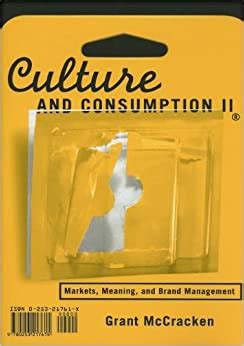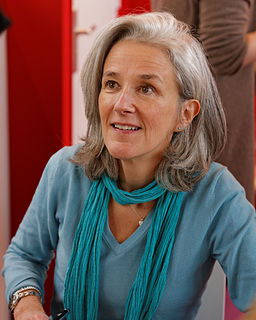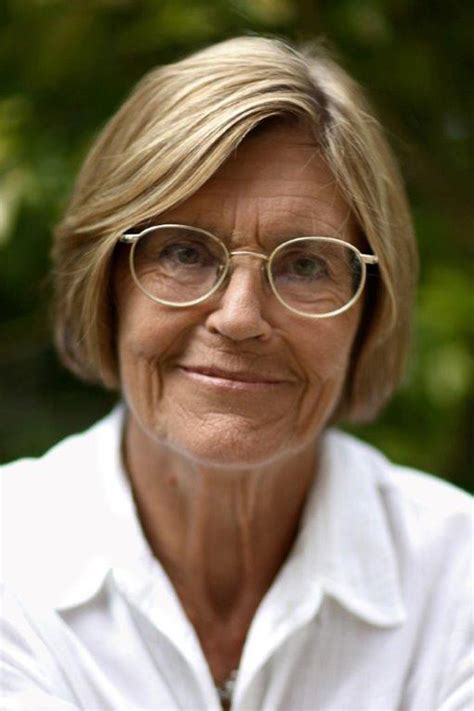A Quote by John Updike
And there was, in those Ipswich years, for me at least, a raw educational component; though I used to score well in academic tests, I seemed to know very little of how the world worked and was truly grateful for instruction, whether it was how to stroke a backhand, mix a martini, use a wallpaper steamer, or do the Twist. My wife, too, seemed willing to learn. Old as we must have looked to our children, we were still taking lessons, in how to be grown-up.
Quote Topics
Academic
Children
Component
Educational
Grateful
Grown
Grown-Up
How
Instruction
Know
Learn
Least
Lessons
Little
Looked
Martini
Me
Mix
Must
My Wife
Old
Our
Our Children
Raw
Score
Seemed
Still
Stroke
Taking
Tests
Those
Though
Too
Truly
Twist
Up
Use
Used
Very
Wallpaper
Well
Were
Whether
Wife
Willing
Willing To Learn
Worked
World
Years
Related Quotes
When I worked with General Electric, again this was soon after the Second World War, you know, I was keeping up with new developments and they showed me a milling machine and this thing worked by punch cards - that's where computers were at that time, and everybody was sort of sheepish about how well this thing worked because in those days machinists were treated as though they were great musicians because they were virtuosos on these machines.
The girl wondered: These policemen... didn't they have families, too? Didn't they have children? Children they went home to? How could they treat children this way? Were they told to do so, or did they act this way naturally? Were they in fact machines, not human beings? She looked closely at them. They seemed of flesh and bone. They were men. She couldn't understand.
Four or five years - nothing at all. But no one over thirty could understand this peculiarly weighted and condensed time, from late teens to early twenties, a stretch of life that needed a name, from school leaver to salaried professional, with a university and affairs and death and choices in between. I had forgotten how recent my childhood was, how long and inescapable it once seemed. How grown up and how unchanged I was.
It seems that the more places I see and experience, the bigger I realize the world to be. The more I become aware of, the more I realize how relatively little I know of it, how many places I have still to go, how much more there is to learn. Maybe that's enlightenment enough - to know that there is no final resting place of the mind, no moment of smug clarity. Perhaps wisdom, at least for me, means realizing how small I am, and unwise, and how far I have yet to go.
every issue that we deal with in this country has a moral component to it. And so, to divorce a moral component to the debt burden we're leaving the next generation, the tax structure to how we spend our money in Washington, and how we - you know, how we value human life - I mean, all of those things, to me interrelate. They're not - they're not separate issues.
In college, in the early 1950s, I began to learn a little about how science works, the secrets of its great success, how rigorous the standards of evidence must be if we are really to know something is true, how many false starts and dead ends have plagued human thinking, how our biases can colour our interpretation of evidence, and how often belief systems widely held and supported by the political, religious and academic hierarchies turn out to be not just slightly in error, but grotesquely wrong.
You know that your toddler needed love and approval but he often seemed not to care whether he got it or not and never seemed to know how to earn it. Your pre-school child is positively asking you to tell him what does and does not earn approval, so he is ready to learn any social refinement of being human which you will teach him....He knows now that he wants your love and he has learned how to ask for it.






































